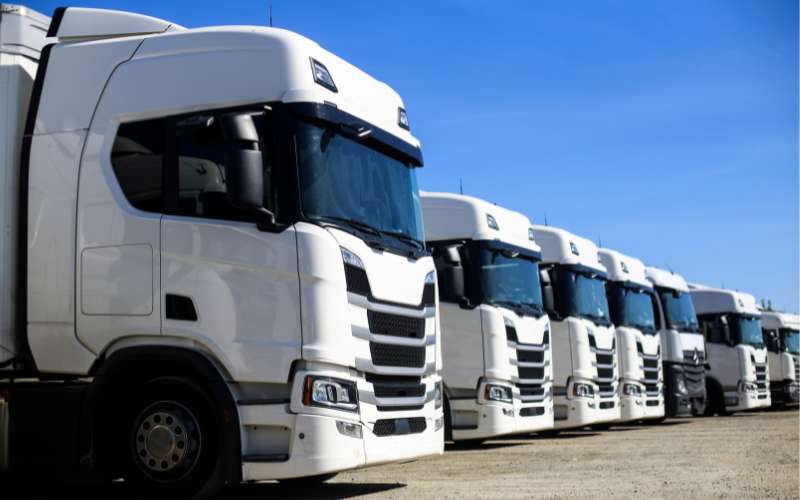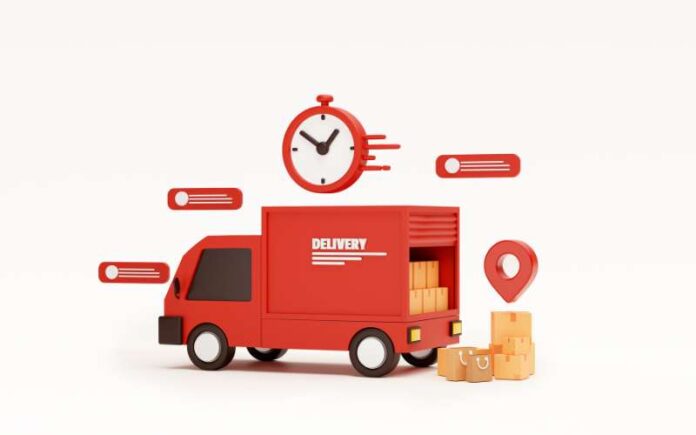What Is a Box Truck Business?
A box truck business involves owning and operating a fleet of box trucks for various commercial purposes. These trucks, typically equipped with a rectangular cargo area, are used for transporting goods, furniture, equipment, and other items from one location to another. The vehicle business may offer services such as moving, delivery, freight transport, or even mobile storage solutions. Box truck businesses often cater to both residential and commercial clients, providing efficient and reliable transportation services. They play a crucial role in facilitating the movement of goods across different industries, serving as a vital link in the supply chain.
What Do You Need to Start Your Own Box Truck Business?
Starting your own box truck business requires careful planning and consideration of several key factors. First and foremost, you’ll need to acquire one or more box trucks suitable for your intended operations. Additionally, obtaining the necessary permits and licenses to operate a commercial vehicle business is essential. Insurance coverage, including liability and cargo insurance, is critical to protect your assets and clients’ goods. Building a reliable network of clients and establishing contracts or agreements for your services is vital for steady business growth. Furthermore, having a solid business plan outlining your target market, pricing strategy, and operational processes will guide your efforts and help secure financing if needed. Lastly, investing in maintenance and repairs to keep your vehicles in optimal condition is crucial for ensuring smooth operations and client satisfaction.

Start Your Business on Paper
Starting your truck business on paper involves thorough planning and documentation before launching operations. Begin by defining your business concept, including the types of trucks you’ll operate, services offered, and target market. Conduct market research to understand industry trends, competition, and potential demand for your services. Develop a detailed truck business plan outlining your goals, financial projections, marketing strategies, and operational processes. Determine the legal structure of your vehicle business and register it with the appropriate authorities. Obtain any necessary permits, licenses, and insurance required to operate a trucking business legally. Establish pricing strategies, contracts, and agreements with clients to ensure clarity and consistency in service delivery. By meticulously planning and organizing your truck business on paper, you’ll lay a solid foundation for success when you’re ready to bring your operations to life.
Acquire Your Box Truck, Insurance, and Related Equipment
Acquiring your box truck, insurance, and related equipment is a crucial step in starting your box truck business. Begin by researching and purchasing a suitable box truck that meets your business needs in terms of size, capacity, and reliability. Once you have your truck, securing insurance coverage is essential to protect your assets, drivers, and cargo. This includes liability insurance, cargo insurance, and possibly commercial auto insurance. Additionally, ensure you have the necessary equipment such as straps, blankets, dollies, and other tools to safely and efficiently transport goods. By carefully acquiring these assets and protections, you’ll be well-prepared to launch your box truck business and provide reliable services to your clients.
Get the Required Truck Business Licenses and Permits
Getting the required vehicle business licenses and permits is a critical step in establishing your box truck business. Begin by researching the specific licenses and permits needed in your area for operating a commercial transportation business. This typically includes a truck business license, motor carrier authority (MC number), and potentially permits for transporting hazardous materials or operating within certain jurisdictions. Contact local, state, and federal authorities to understand the regulatory requirements and application processes. Ensure that you comply with all necessary regulations to operate legally and avoid any potential fines or penalties. Obtaining the required licenses and permits demonstrates your commitment to operating a legitimate and professional box truck business, instilling trust and confidence in your clients.
What are The Pros and Cons of Operating a Box Truck Business?
Operating a box truck business offers several advantages and disadvantages. On the positive side, it provides flexibility and independence as you can set your own schedule and choose the types of jobs you take on. The startup costs for a box truck business are typically lower compared to other types of businesses, and there is a constant demand for transportation services, ensuring a steady stream of potential clients. Additionally, it can be a scalable business, allowing you to expand your fleet and services as your business grows. However, there are also challenges. Maintaining and repairing trucks can be costly, and fluctuations in fuel prices can impact profitability. Competition in the industry can be fierce, requiring effective marketing strategies to attract clients. Moreover, operating a box truck involves physical labor and long hours, which can lead to fatigue and burnout. Overall, while a box truck business offers opportunities for success, it requires careful planning and management to navigate the potential drawbacks.









